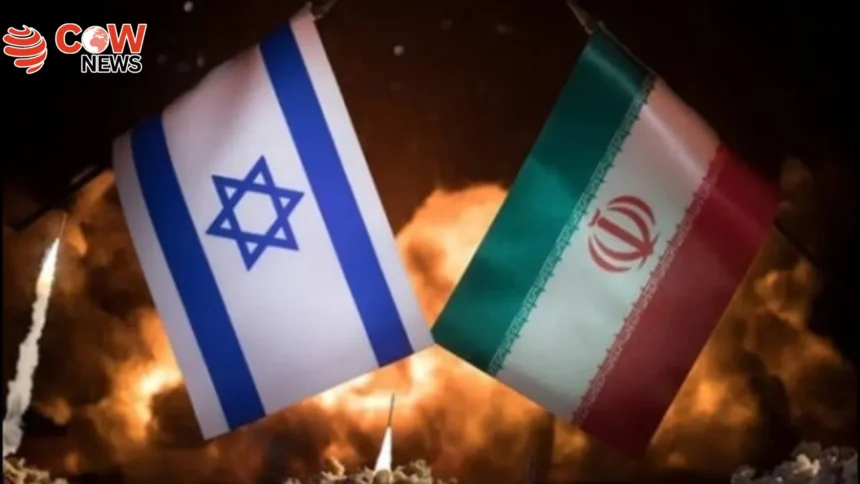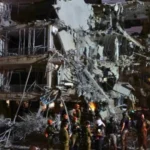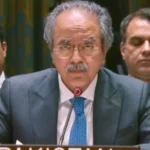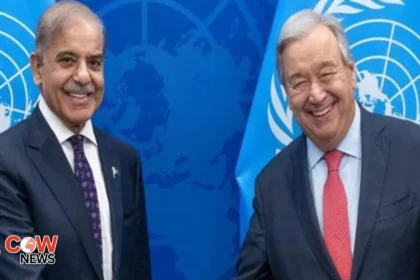Tensions between Iran and Israel continue to surge as Iran’s elite military force, the Islamic Revolutionary Guard Corps (IRGC), has issued a stark warning, declaring that its powerful “Kheibar” missile will soon be launched at Israel—a strike it says will “shock the world.”
In a strongly worded statement released on Friday, the IRGC claimed that this new phase of missile warfare will target critical Israeli military infrastructure, weapons factories, and strategic bases as part of Operation Wa’ad al-Sadiq 3 (True Promise 3). The IRGC emphasized that these attacks are in direct retaliation for what it describes as Israel’s “continued aggression” against Iran and Palestine.
“The Kheibar missile is a powerful and advanced weapon,” said the IRGC, warning that its deployment would mark a “surprising new stage” in the conflict. While specific technical details of the Kheibar missile were not disclosed, Iranian officials suggest it is among the country’s most sophisticated ballistic weaponry, capable of deep strikes with high precision.
The IRGC dismissed Israeli claims that recent Iranian missile attacks were largely intercepted, asserting instead that their strikes have successfully hit designated military targets inside Israel. The statement further condemned Israeli airstrikes in Iran, which reportedly killed top commanders, nuclear scientists, and senior military leaders over the past week.
Iran also reiterated its red lines, stressing that any attempt to threaten the country’s national security would be met with “immediate and decisive retaliation.” The IRGC warned Israel that crossing those lines would have grave consequences.
“Israel must understand,” the statement read, “that Iran’s security is non-negotiable. Anyone who violates it will face consequences beyond their expectations.”
This latest threat follows a series of intense missile exchanges between the two countries, with Iran claiming hundreds of successful strikes and Israel maintaining its missile defense systems have neutralized most incoming threats. However, independent confirmation remains limited.
With both nations trading increasingly severe warnings and intensifying attacks, international observers fear that the conflict could spiral into a full-scale regional war unless de-escalation efforts are urgently pursued.







